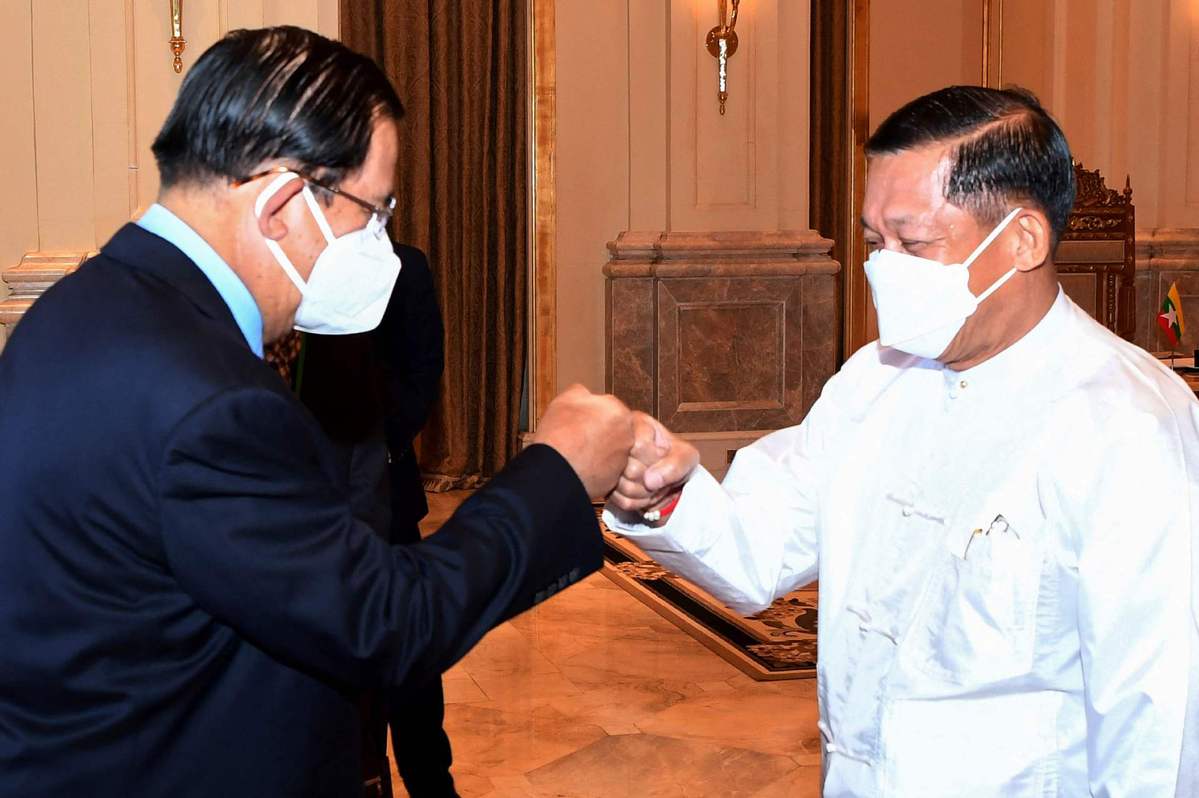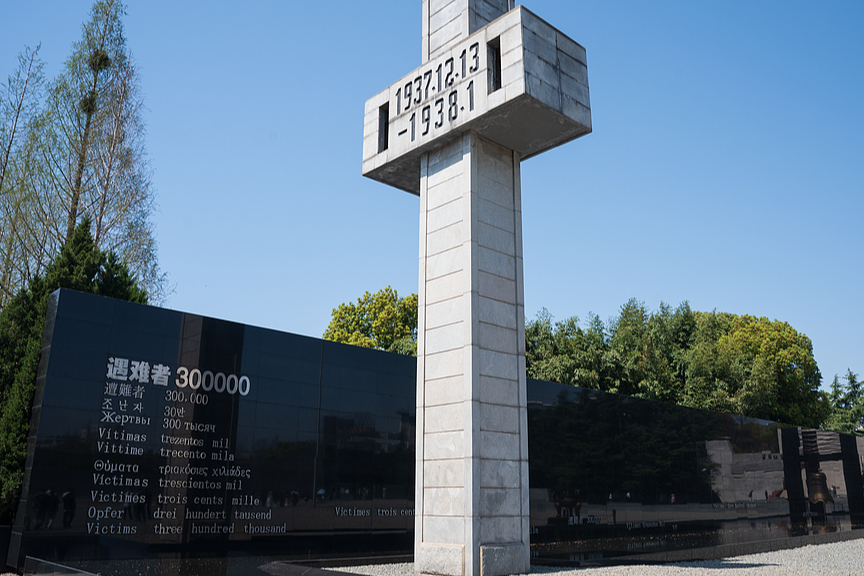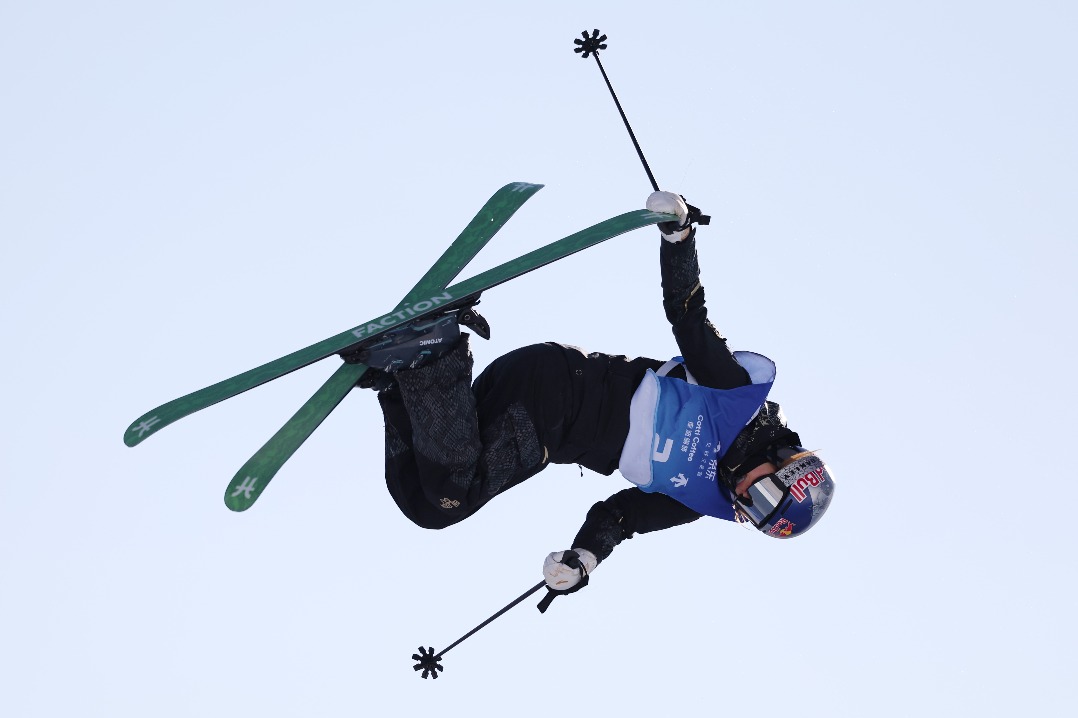Hun Sen visit seen as boosting hopes for Myanmar consensus
By YANG HAN in Hong Kong | China Daily | Updated: 2022-01-10 10:05

Though resolving Myanmar's crisis immediately is not easy, a visit to the country by Cambodia's Prime Minister Hun Sen may pave the way to advance a consensus ASEAN member states have reached, experts say.
The visit will allow the ASEAN special envoy to Myanmar "to move forward", said James Gomez, regional director at the Asia Centre think tank in Bangkok. The current special envoy is from Cambodia, the ASEAN chair for 2022, which will host the ASEAN foreign ministers' retreat on Jan 18-19.
Hun Sen is the first national leader from the Association of Southeast Asian Nations to visit Myanmar since the military took state power on Feb 1 last year. During the visit on Friday and Saturday he met Senior General Min Aung Hlaing, chairman of Myanmar's State Administration Council, in the capital, Nay Pyi Taw. They discussed a slew of bilateral and regional issues and briefed each other on recent developments in their countries, a joint statement issued after the meeting said.
Min Aung Hlaing welcomed the appointment of Cambodian Deputy Prime Minister and Foreign Minister Prak Sokhonn as ASEAN special envoy to Myanmar and pledged support to the latter in fulfilling his mandate to implement the five-point consensus in accordance with the ASEAN Charter.
ASEAN adopted the five-point consensus in April, aiming to ease the situation in Myanmar. It calls for all violence to end and for constructive dialogue among all the parties to the Myanmar conflict. It also calls for the appointment of an ASEAN special envoy to visit Myanmar and mediate in talks.
The two leaders also supported the convening of a meeting among stakeholders to ensure the delivery of humanitarian aid to the country, the statement said.
Myanmar's military has planned to further extend its cease-fire with ethnic armed groups until the end of this year, Senior General Min Aung Hlaing announced during his meeting with Hun Sen on Friday. Last year the military announced the extension of a five-month suspension of military operations, from Oct 1 to Feb 28.
"The outcome we had achieved during the talks with the Myanmar leader is very positive, and it is a progressive step toward the five-point consensus reached by the ASEAN leaders last year," said Sokhonn, who was among a group of Cambodian senior officials who accompanied Hun Sen's visit.
Moe Thuzar, a fellow and co-coordinator of the Myanmar Studies Programme at the ISEAS-Yusof Ishak Institute in Singapore, said it is important and useful that Cambodia has made it clear that Hun Sen's visit is a bilateral one, so it was not necessarily representing the collective ASEAN view.
"We all still need to see whether and how these commitments …will be practically implemented and how that implementation progresses," said Thuzar, referring to the meeting outcomes mentioned in the joint statement.
Gomez from the Asia Centre said Cambodia may be able to make some kind of invitation, even unilaterally, to Myanmar to take part in ASEAN meetings in a certain form. "Because Cambodia is the host, (Hun Sen) has gone to visit and it has the special envoy, I think they may be in a position far …stronger, politically, to extend some kind of invitation."
























